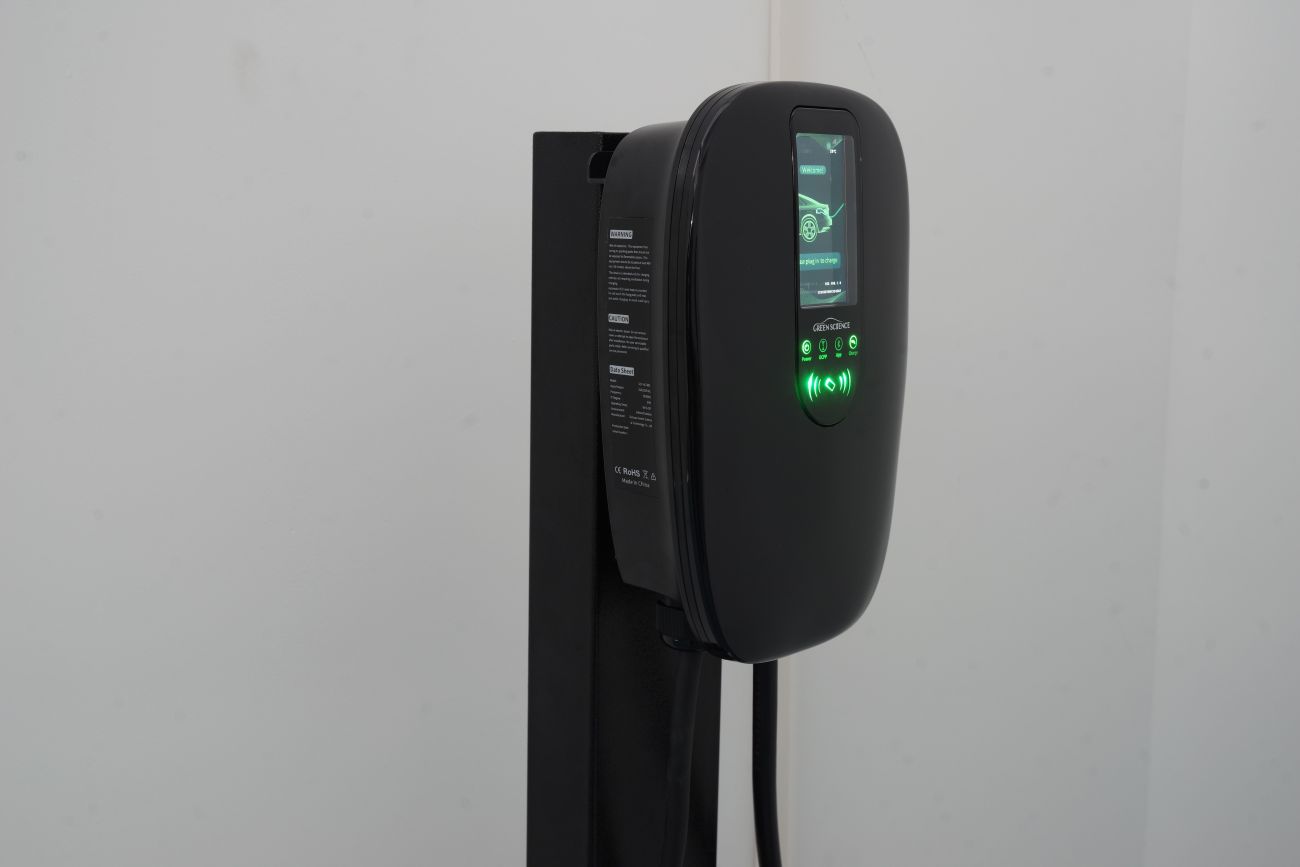On December 13, electric vehicle charging companies in Europe and the United States have begun vying for the best position at fast public charging piles, and industry observers predict that a new round of consolidation will occur as more large investors join the competition.
Many EV charger companies are currently backed by long-term investors, and more are expected to enter the space. Impending bans on fossil fuel vehicles in various countries have made the sector more attractive to infrastructure investors such as M&G Infracapital and Sweden’s EQT.
Tomi Ristimaki, chief executive of Finnish electric vehicle charger maker Kempower, said: “If you look at our customers, it’s like a land grab right now. Whoever gets the best location will secure power for years to come. Sale.”
A Reuters analysis shows there are more than 900 electric vehicle charging companies worldwide. The industry has attracted more than $12 billion in venture capital since 2012, according to PitchBook.
Michael Hughes, ChargePoint’s chief revenue and commercial officer, said that as large investors fund more integrations, “the fast charging space is going to be very different from the existing landscape.” ChargePoint is one of the largest suppliers of electric vehicle charging equipment and software.
Companies from Volkswagen to BP and E.ON have invested heavily in the industry, with 85 acquisitions taking place since 2017.
In the UK alone, there are more than 30 fast charging operators. The two new funds launched last month are Jolt, backed by BlackRock Infrastructure Fund, and Zapgo, which received 25 million pounds (approximately $31.4 million) from Canadian pension fund OPtrust.
In the U.S. market, Tesla is the biggest player, but more convenience stores and gas stations are about to join the fray, with U.S. fast-charging networks expected to grow by 2030, according to Loren McDonald, CEO of San Francisco-based research firm EVAdoption. The number will increase from 25 in 2022 to more than 54.
Once utilization reaches about 15%, it typically takes four years for a well-located EV charging station to become profitable. Charging equipment companies complain that red tape in Europe is slowing expansion. However, long-term infrastructure investors such as Infracapital, which owns Norway’s Recharge and has investments in the UK’s Gridserve, see the sector as a good bet.
Christophe Bordes, managing director of Infracapital, said: “By choosing the right location, it’s definitely a smart move to make a long-term investment in (charging companies).”
ChargePoint’s Hughes believes the larger players will start looking for new properties purpose-built for larger facilities with 20 or 30 fast-charging devices, surrounded by retailers and amenities. “It’s a race for space, but finding, building and enabling new sites for next-generation fast charging will take longer than anyone expects,” he said.
Competition for the best locations becomes fierce, with site hosts switching between operators before deciding on a winner. “We like to say there is no such thing as a bad deal when negotiating with site owners,” said Blink Charging CEO Brendan Jones.
The trademark will be different
Companies are also vying for exclusive contracts with site owners.
For example, Britain’s InstaVolt (owned by EQT) has contracts with companies such as McDonald’s (MCD.N) to build charging stations at its locations. “If you win this partnership, it’s yours until you screw it up,” said InstaVolt CEO Adrian Keen.
With EQT’s “deep financial resources”, InstaVolt plans to build 10,000 chargers in the UK by 2030, has active chargers in Iceland and has operations in Spain and Portugal, Keen said. Integration could begin in the next year or so, he added. “This could potentially open up opportunities in markets where we are, but also open the door to new markets for us,” Keen said.
Energy company EnBW’s charging division has 3,500 EV charging stations in Germany, accounting for about 20% of the market. The unit is investing 200 million euros ($21.5 billion) a year to reach 30,000 charging stations by 2030 and relying on local staff to fend off competition for sites. The unit has also formed charging network partnerships in Austria, the Czech Republic and northern Italy, said Lars Walch, vice president of sales. Walch said that while consolidation is coming, there will still be room for multiple operators.
Norway, a leading EV market, has suffered from short-term “over-deployment” this year as companies scramble to build charging stations, Recharge CEO Hakon Vist said. The market added 2,000 new charging stations for a total of 7,200, but EV sales are down 2.7% this year through October.
Recharge has about 20% market share in Norway, second only to Tesla. “Some companies will find they are too small to meet customer requirements and leave or sell,” Vist said. Others will start companies knowing that they can acquire other companies or be acquired.
A new UK player, the OPTrust-backed Zapgo scheme targets underserved areas in the south-west of England, offering landlords a share of their fees for securing good locations.
CEO Steve Leighton said the company plans to build 4,000 chargers by 2030, predicting that consolidation around 2030 “will all come down to funding.”
“The funders with the deepest pockets will be responsible for this integration,” Leighton said, adding that OPTrust “has a lot of scale, but larger infrastructure funds may want to acquire Zapgo at some point.” “
The U.S. market will change, with convenience store chains such as Circle K and Pilot Company and retail giant Walmart investing heavily in charging stations, EVAdoption’s McDonald said.
“Like any industry that starts out as a bunch of small startups, over time you get bigger companies joining in… and they consolidate,” McDonald said. “In around 2030, trademarks are going to be very different.”
Susie
Sichuan Green Science & Technology Ltd., Co.
0086 19302815938
Post time: Dec-21-2023





